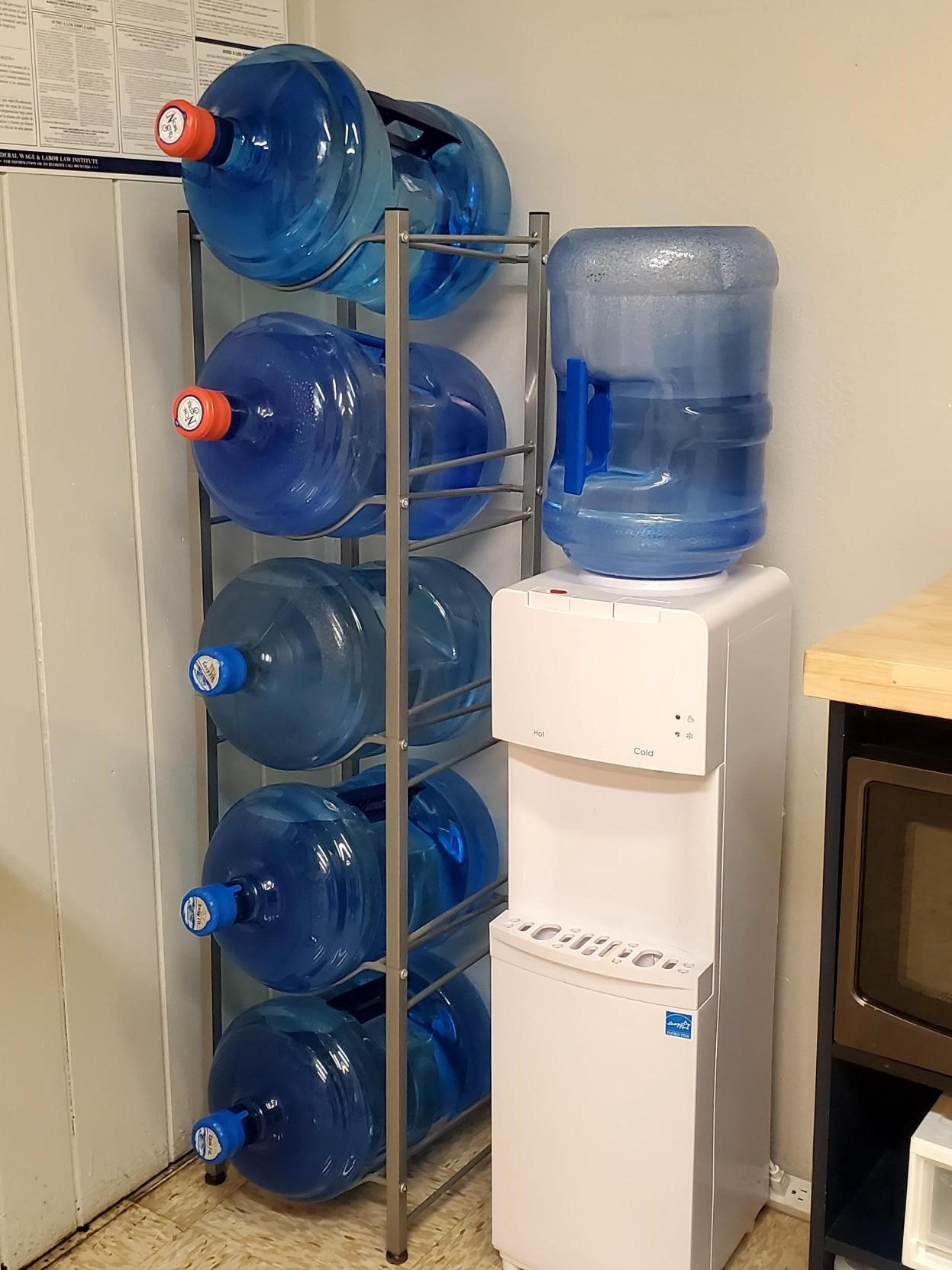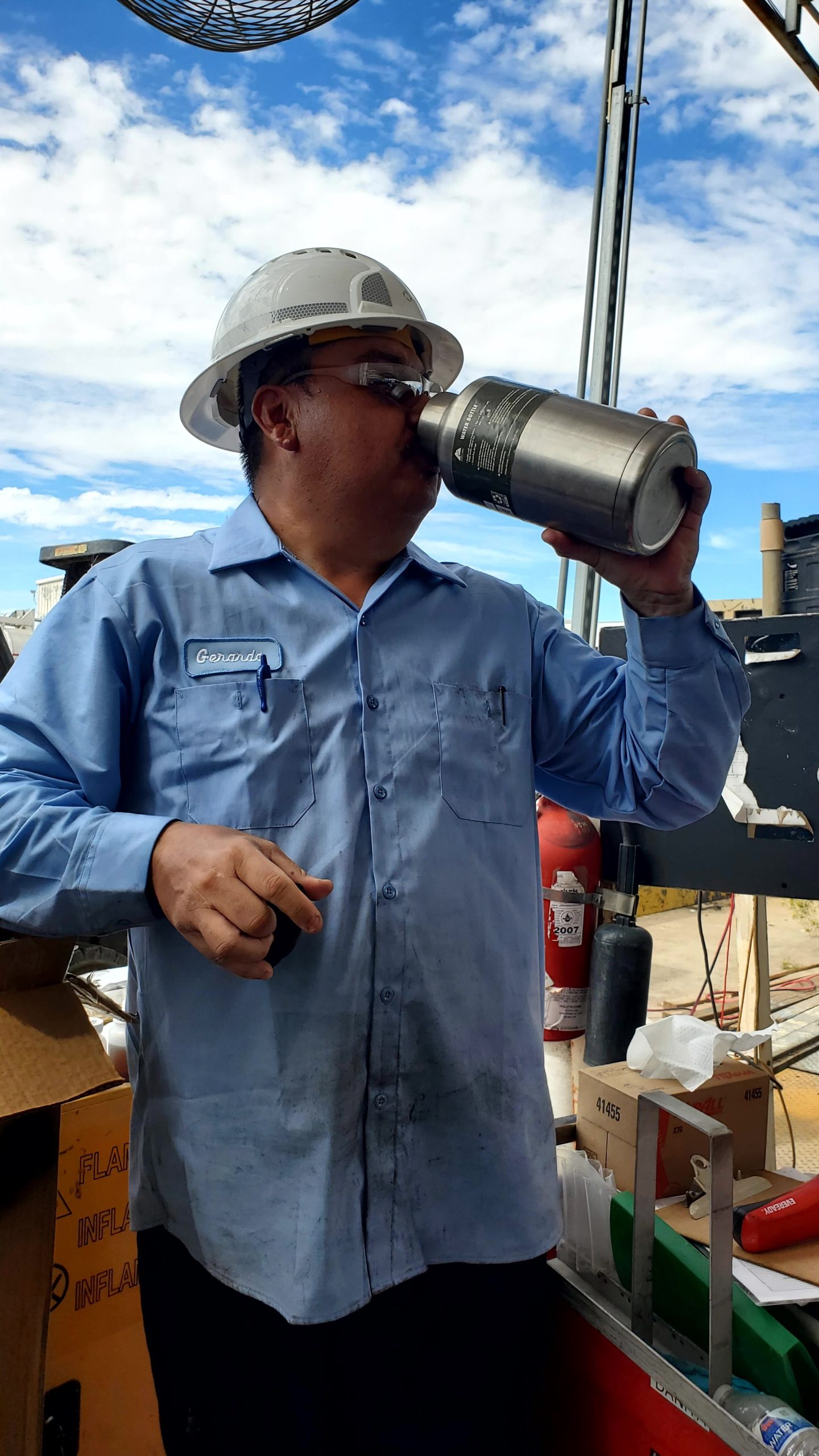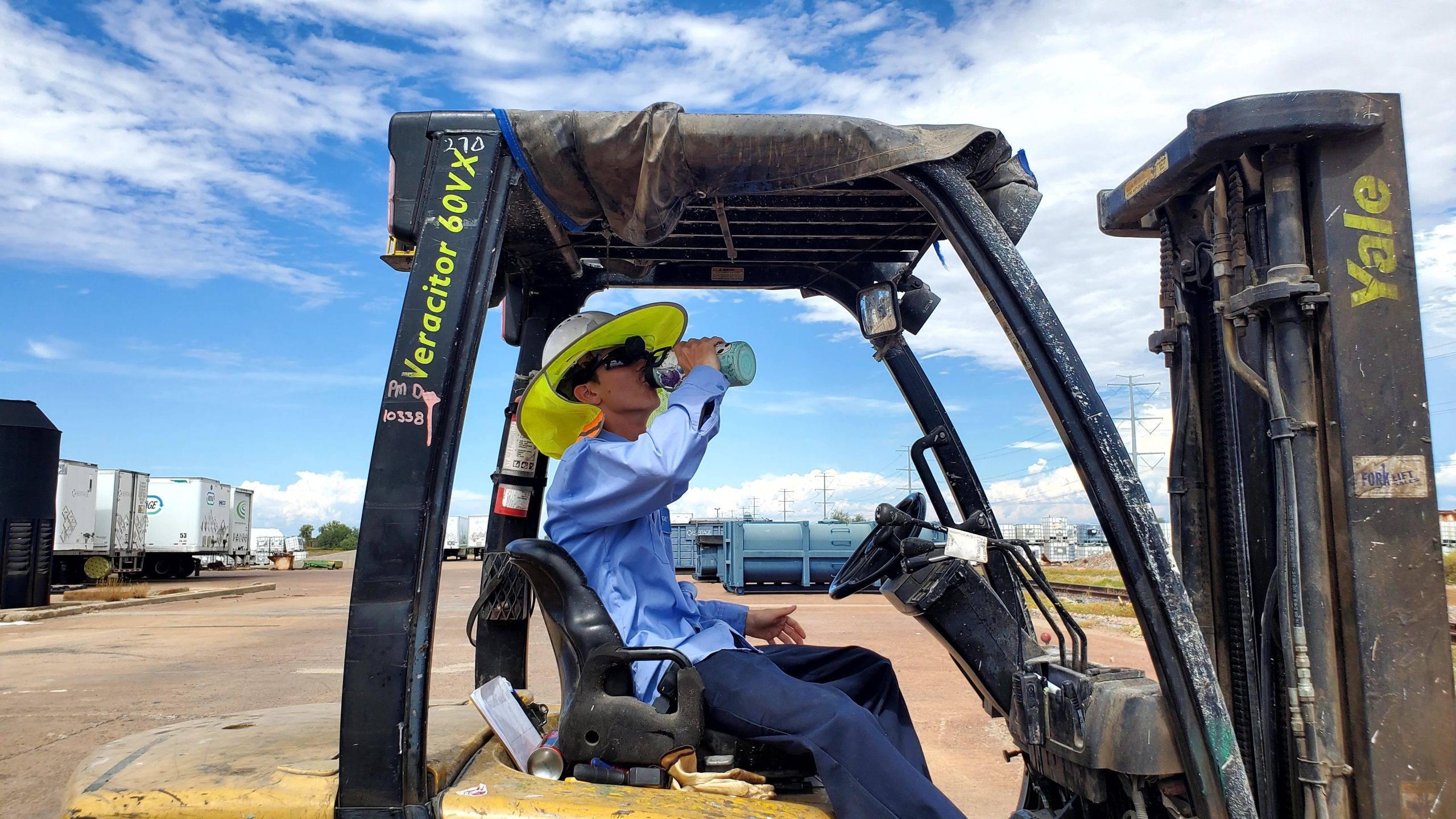At Heritage Environmental Services, we strive to protect the Earth where we live and work – an important objective that defines our efforts company-wide. One way we are able to do this is by understanding and effectively implementing the principles of the 3 R’s of Solid Waste Management.
Green-Eyed P’s
The phrase “The 3 R’s of Solid Waste” highlights three important principles to follow in waste management: reduce, reuse, and recycle. At Heritage Environmental Services, we’re proud to incorporate the 3 R’s into the sustainable practices we support each day. We have a dedicated team called the Green-Eyed P’s (GEP) that aim to reduce our environmental footprint across our facilities. Led by Joanne Jones, Corporate Sustainability Leader at Heritage, this internal group strives to improve the way we implement and track our environmental impact, including our use of the 3 R’s. We spoke to Joanne to expand on each of the 3 R’s and to learn more about the steps that the GEPs have taken in recent years to not only implement, but also improve, our approach to adopting these principles.
Reduce
“Reduce” aims at lowering your overall creation of waste at the source. A few ways to practice this includes buying items with less packaging, buying in bulk, and avoiding single use plastics.
How do we Reduce at Heritage? Joanne said, “Our most recent movement is by removing single use beverage containers from our facilities. We even now have water stations in many areas throughout our facilities.
Reuse
“Reuse” is how we give ordinary objects a second life or a new purpose. Some examples of this include reusing a plastic water bottle as a watering can, using reusable food storage containers, and adopting reusable shopping bags for trips to the store.
How do we Reuse at Heritage? Joanne shared a long-standing initiative started by a Heritage employee who is a member of a Lion’s Club. She said, “GEPs collect eyeglasses at all of our facilities for donations to the local Lion’s Club. If there is not a local Lion’s Club, our truck driver’s have hand delivered them to Indianapolis where we donate them here.”
Adding to the no single use plastic program and our no Styrofoam guideline, our breakrooms are set-up with cups and glasses for reuse.
Recycle
“Recycle” tackles the issue of the vast quantities of plastic ending up in landfills and our waterways. Recycling allows for the creation of new objects from what would end up as trash. There are many items that can be recycled, which include but are not limited to: cardboard, paper, glass, plastic, and batteries.
How do we Recycle at Heritage? In our facilities we recycle as much material as we can, including all of the items listed above, Joanne said. In addition to the primary recyclables, we also have designated measures ways to recycle Keurig coffee pods, light bulbs, cell phones and other electronics, drums, wood pallets, tires, and used oil from maintenance activities.
To learn more about sustainability at Heritage, check out our 2022 Sustainability Report.
More News From Heritage
-
2/21/25
Heritage Announces East Liverpool, Ohio 2025 Environmental Grant Program
Learn about our East Liverpool Ohio grant opportunity!
-
2/18/25
Heritage Environmental Services Announces James (Shelby) Marlow as Chief Financial Officer
Heritage Environmental Services announced today that James (Shelby) Marlow will join the organization as Chief Financial Officer.
-
1/31/25
January Community Engagement Initiative: Home/Work Energy Reduction
Learn about our January community engagement initiative
-
1/29/25
Heritage Environmental Services Announces Chris Ebeling as Chief Commercial Officer
Heritage Environmental Services announced today that Chris Ebeling will join the organization as Chief Commercial Officer.
-
1/28/25
Heritage Environmental Services Addresses Industry Challenges with New State-of-the-Art Shredder
Heritage Environmental Services announced a new state-of-the-art shredding unit.
-
1/7/25
Navigating e-Manifest: What You Need to Know About Hazardous Waste Compliance
Learn about the e-Manifest Third Rule changes that begin January 22, 2025
-
12/23/24
Wreaths Across America 2024
This year, through collective effort and heartfelt generosity, we sponsored 727 wreaths and transported two truckloads of wreaths across the country.
-
12/2/24
Heritage Environmental Services Announces Rachel Evans as Chief Human Resources Officer
Heritage Environmental Services announced today that Rachel Evans will join the organization as Chief Human Resources Officer.











